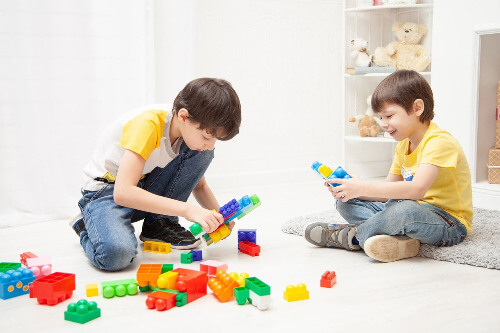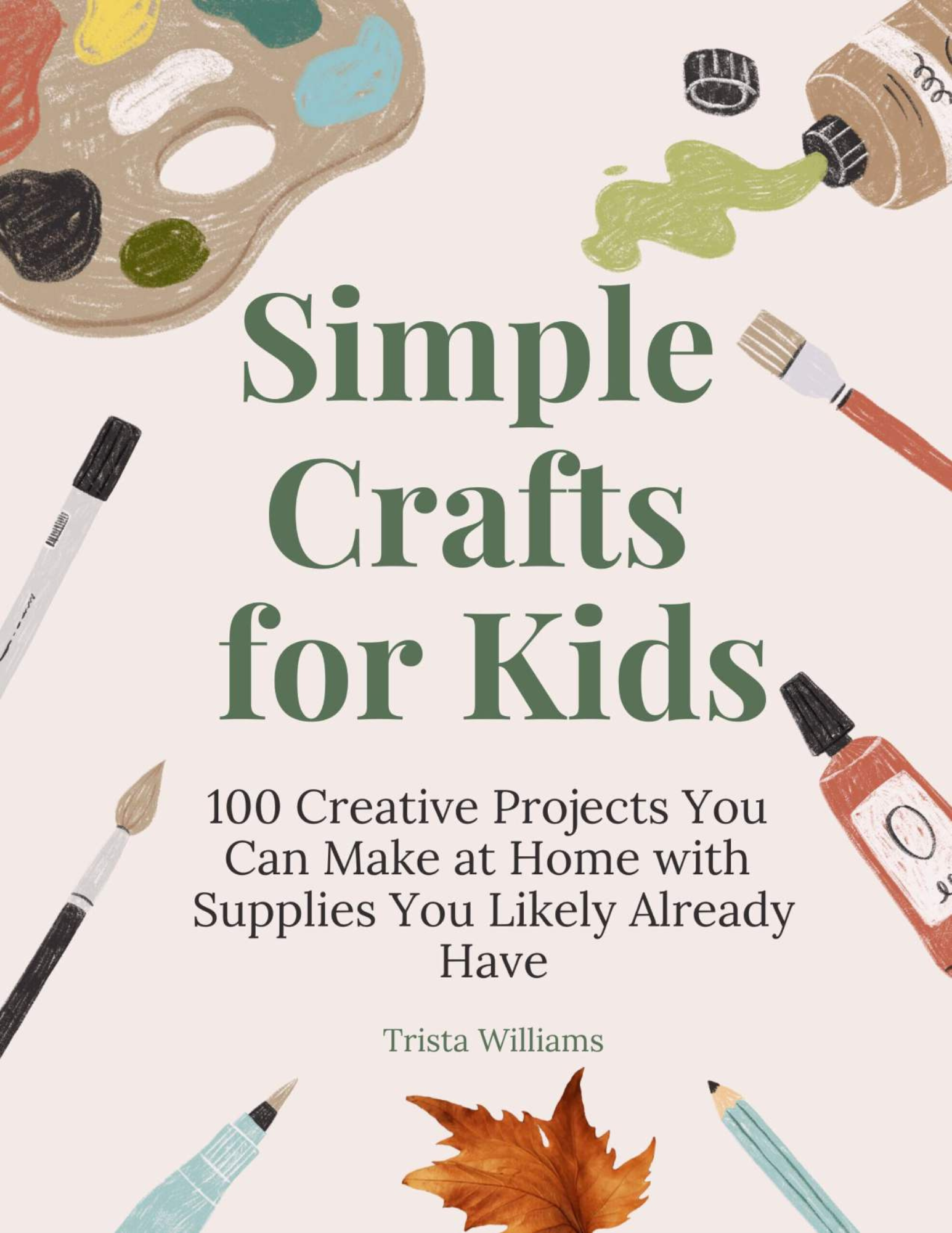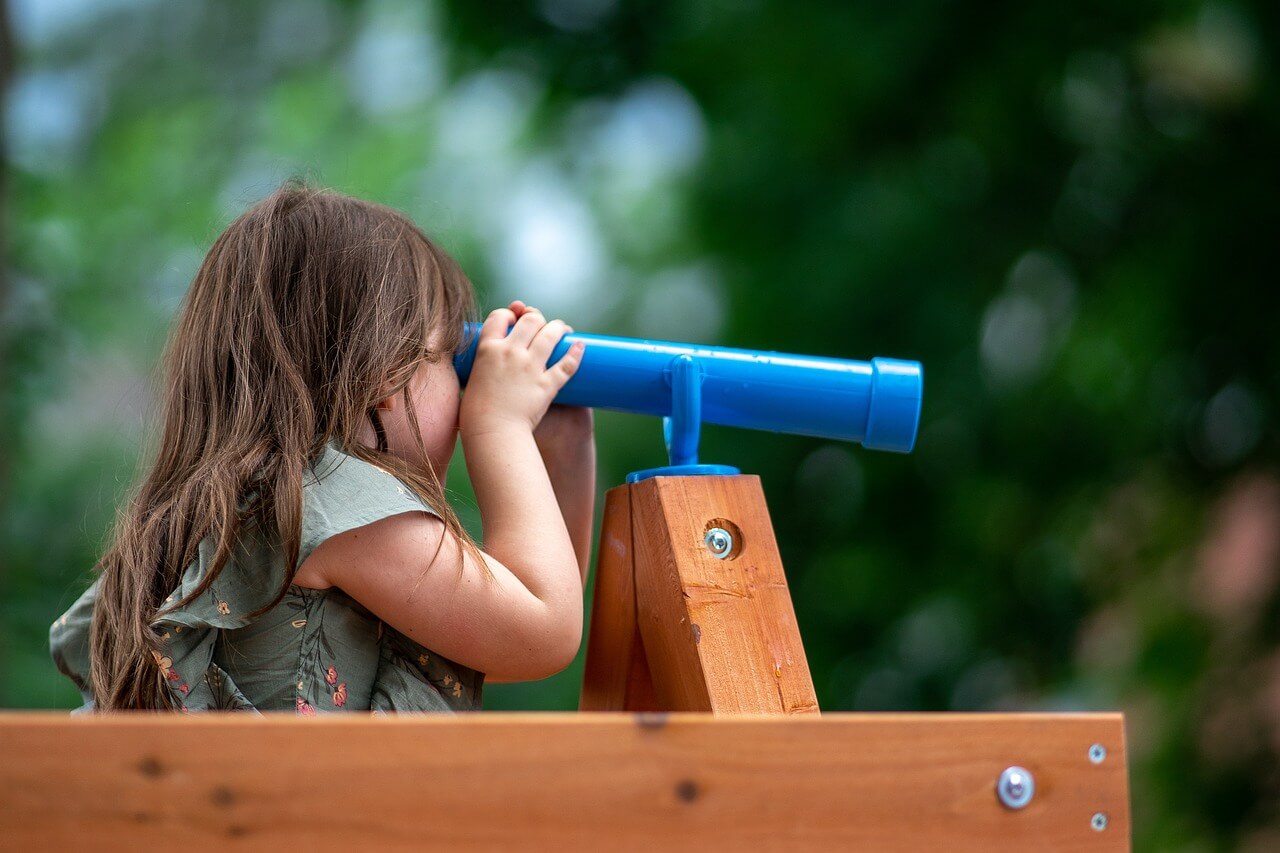Learning Through Play, What Could Be More Fun?
It's only natural that you want your child to learn and grow into happy and healthy individuals. An effective way for them to absorb new skills and knowledge is by learning through play.
 Two kids wearing colorful capes play pretend as superheroes in a bright cozy living room.
Two kids wearing colorful capes play pretend as superheroes in a bright cozy living room.Why Is Learning Through Play So Important?
Children are naturally curious. From the moment they can hold a toy, they're ready to explore the world around them.
They are learning through play when they are free to use their imagination in their own way.
Whether it's stacking blocks, pretending to cook a meal, or running around in the backyard, every activity helps to build essential skills.
As an Early Childhood Educator (ECE) and a parent, I've seen firsthand how play fosters critical development. Play helps children in so many areas:
Cognitive Development: Problem-solving, memory, and decision-making skills are developed when children play.
For example, when a toddler fits a shape into the correct hole, they're learning about spatial awareness and cause and effect.
Physical Development: Running, jumping, and climbing are not just about burning off energy; they're helping children develop their motor skills and coordination.
Social and Emotional Development: Play allows kids to interact with others, practice sharing, and learn about empathy.
Pretending to be a parent or teacher can help children process emotions and understand the perspectives of others.
Language Development: Through play, children hear new words, learn to express themselves, and develop conversation skills.
Even simple games like "peek-a-boo" or singing nursery rhymes encourage language growth.
 Two young boys playing on the floor with blocks.
Two young boys playing on the floor with blocks.Types of Play and What They Teach
There are many types of play, and each offers unique learning opportunities.
You will be able to provide a balanced and richer experience for your child once you clearly understand the different styles of play.
For example, key types of play include:
1. Free Play
Free play is child-directed and unstructured, meaning children have the freedom to decide how they want to engage. This type of play can look and sound chaotic, but it’s incredibly beneficial to your child.
- What kids learn: Free play fosters imagination and problem-solving. Whether they’re building a fort or playing house, children learn to think creatively and make decisions on their own.
2. Guided Play
In guided play, adults provide materials or suggestions but let the child take the lead.
During guided play there is a balance between letting children explore and at the same time you are still providing some structure.
- What kids learn: Children have the opportunity to experiment with new concepts. For example, you might guide a child in a science experiment by asking questions but let them figure out the solution themselves.
3. Physical Play
Activities like running, jumping, and dancing fall into this category and it is important for their physical health and development.
- What kids learn: Physical play develops gross motor skills, coordination, and strength. They will also burn off energy, enabling better sleep and improving focus and attention in other areas.
4. Pretend Play (Imaginative Play)
Imaginative play is where children use their creativity to role-play different scenarios, whether they’re playing make-believe doctor, teacher or a superhero…..
- What kids learn: This type of play enhances social and emotional skills. While learning different roles they are developing empathy by putting themselves in someone else's shoes.
5. Structured Play
Structured play includes games with rules, like board games or sports. Although this type of play is not as spontaneous, it is important to teach your children how to follow guidelines and rules.
- What kids learn: Structured play helps children learn discipline, patience, and teamwork. It’s important that kids learn to understand the difference between winning and losing. There are no free passes in the real world.
 A group of kids engage in a make-believe game, pretending to be doctors in a hospital.
A group of kids engage in a make-believe game, pretending to be doctors in a hospital.Play and the Role of the Adult
As parents and caregivers, it’s easy to feel like you need to control playtime to make sure it’s "productive."
But the truth is, children often learn the most when you simply provide the space and tools for them to play. That said, it is crucial that you encourage learning through play.
Be present: You don’t always need to lead, but your presence matters. Sitting with your child while they play can offer them a sense of security and connection.
Ask open-ended questions: Instead of giving instructions, try asking, “What do you think will happen if...?” or “How can we solve this?” This encourages critical thinking and problem-solving.
Provide a variety of materials: Simple, everyday objects can inspire creativity. For example, a box of old clothes can lead to hours of imaginative role-play.
Encourage social play: Playdates or group activities help children learn about sharing, negotiation, and teamwork.
If your child is shy or hesitant to join others, help them by suggesting a group game or activity.
Addressing Concerns: Is Play Enough?
You may be worried that play isn’t enough to prepare your kids for school or "real learning." Statistics show that the skills children are learning through play, are very important for their educational success.
For example, when a child builds with blocks, they are laying the groundwork for math skills like geometry and problem-solving.
Pretend play, such as playing "school" or "store," helps with early literacy and math as they use language and numbers in context.
As a foster parent, I’ve often seen how play can ease transitions for children who are dealing with changes in their environment.
Play gives children a safe space to express their emotions and work through challenges, play therapy has helped several of my foster children to cope with life changes.
Play also helps children bond with their caregivers or peers.
Practical Tips for Parents
Here are a few practical ways you can encourage learning through play at home:
 A joyous father plays superhero with his two children in the fallen leaves of autumn.
A joyous father plays superhero with his two children in the fallen leaves of autumn.Create a play-friendly environment: Designate a space in your home where your child has easy access to toys, books, and materials.
Rotate toys: Instead of having all toys out at once, rotate them.
Kids get bored fast, so try and keep things as fresh and exciting for them as possible. This will spark new ways to play and learn.
Play together: While independent play is important, children also love to play with their parents.
Take time to engage in their world, whether it's by having a tea party or building a tower of blocks.
Limit screen time: While technology can have educational benefits, it’s essential to balance screen time with active, hands-on play.
Learning through play helps your children grow and develop.
So, remember, the next time your child is playing, they are doing more than just having fun you know, they are learning.



















New! Comments
Have your say about what you just read! Leave me a comment in the box below.